
Nursing home residents 85 years and older or with comorbidities were the most susceptible to COVID-19 breakthrough infections.
Nina Cosdon is the associate editor for Contagion. Before joining MJH Life Sciences, she graduated magna cum laude from Denison University in 2021 with a degree in Communication. You can find her reading, hiking, or antiquing, or by emailing her at ncosdon@mjhlifesciences.com.

Nursing home residents 85 years and older or with comorbidities were the most susceptible to COVID-19 breakthrough infections.

COVID-19 prevention practices such as masking, social distancing, and school closures lowered children’s exposures to circulating respiratory viruses and other environmental triggers of asthma.
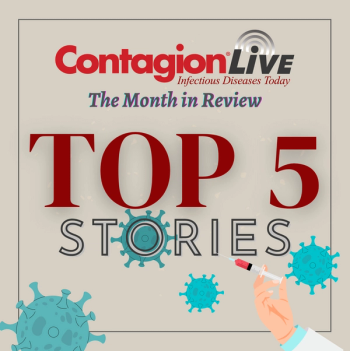
COVID-19 stories continue to be the most-read, but last month's top stories described how contracting COVID-19 increases the risk of gastrointestinal infection, C difficile infection, and cardiovascular disease.

These findings suggest the World Health Organization's definition of post-COVID-19 condition (long COVID) may be too broad.

Ensitrelvir is an investigational 3CL protease inhibitor that reduced COVID-19 illness duration by 1 day.

Increased sales of these antibiotics during the COVID-19 pandemic raise concerns about the growing threat of antimicrobial resistance.
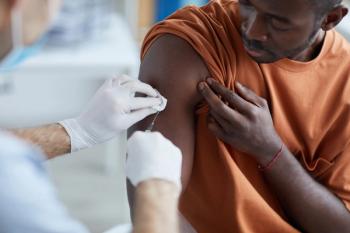
This study examined the impact of COVID-19 vaccination and infection on the risk of cardiac and all-cause mortality in young people aged 12-29 years.

Because trust in science predicts willingness to get a COVID-19 vaccine, the results of this study have significant public health consequences.
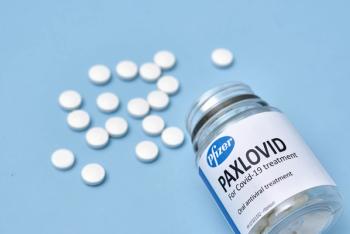
Early treatment with nirmatrelvir-ritonavir (Paxlovid) was associated with the greatest clinical benefit in reducing COVID-19 hospitalization and death.

The findings of this study are consistent with other findings that maternal viral infection during pregnancy increases the risk for neurodevelopmental morbidity in offspring.
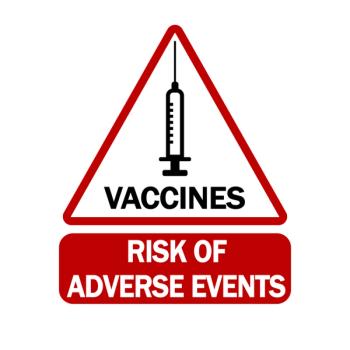
A new study found negative expectations prior to COVID-19 vaccination were associated with more systemic adverse events in individuals receiving their second dose of a COVID-19 vaccine.

"Antibiotics can safely be withheld in most patients with viral respiratory infections,” these study authors wrote.

This week's hottest topics included the risks of proton pump inhibitors, rare tickborne disease, HIV vaccination, COVID-19 immunity from a common cold, and hydrocortisone for pneumonia.
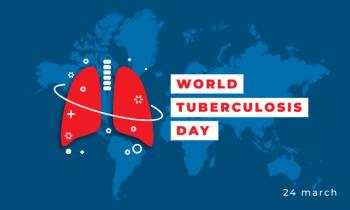
March 24 is World Tuberculosis Day. Here’s a brief history of the second deadliest infectious disease, and how it affects the world today.
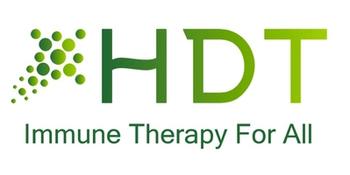
Using a pregnant rabbit model, investigators found a robust antigen-specific antibody response in pregnant rabbits against HIV and Zika virus.
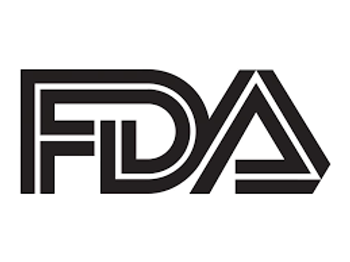
With yesterday’s FDA decision, Cidara’s injectable antifungal rezafungin become the first new drug approved to treat candidemia and invasive candidiasis in over a decade.

Candida auris fungal infections increased 95% in 2021, and drug-resistant cases are continuing to spread across the US.

Exposure to a common seasonal coronavirus stimulates a memory T cell response that protects children against COVID-19. However, this immune response peaks at age 6.

After 28 days, hydrocortisone reduced the risk of mortality by 5.7% in severe community-acquired pneumonia patients.
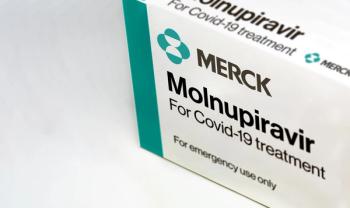
Despite failing to meet primary trial endpoints, molnupiravir reduced the length of COVID-19 infection by 4.2 days in vaccinated patients.

Yesterday, the FDA took a major step toward officially approving Paxlovid. Catch up on this story and the other top COVID-19 news updates from the past week.
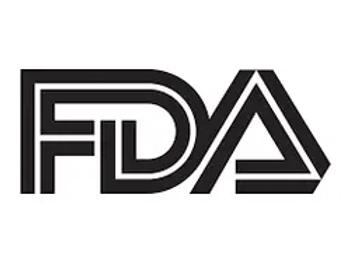
The FDA's Antimicrobial Drugs Advisory Committee recommended approving Pfizer’s New Drug Application for Paxlovid to treat mild-to-moderate COVID-19 in adults at high risk of severe or fatal disease progression.

These investigators concluded Omicron XBB.1.5 the most successful COVID-19 variant of its lineage.

With this FDA emergency use authorization (EUA), all persons 6 months and older are now eligible to receive the Pfizer-BioNTech Omicron BA.4/BA.5-adapted bivalent booster.

This study analyzed concerns that a lack of time may lead primary care physicians to prescribe unnecessarily as a “quick fix.”

The risk of congenital heart diseases in offspring was increased among mothers with preconception previous hepatitis B virus (HBV) infection.

COVID-19 patients had a significantly higher risk of cardiovascular disease and death in both the short- and long-term.

A 4-dose COVID-19 vaccine regimen and prior infection with either the BA.1 or BA.2 variants were extremely effective against the Omicron BA.5 subvariant.


58.5% of an infant’s microbiota composition is transferred by their mother.